Filters
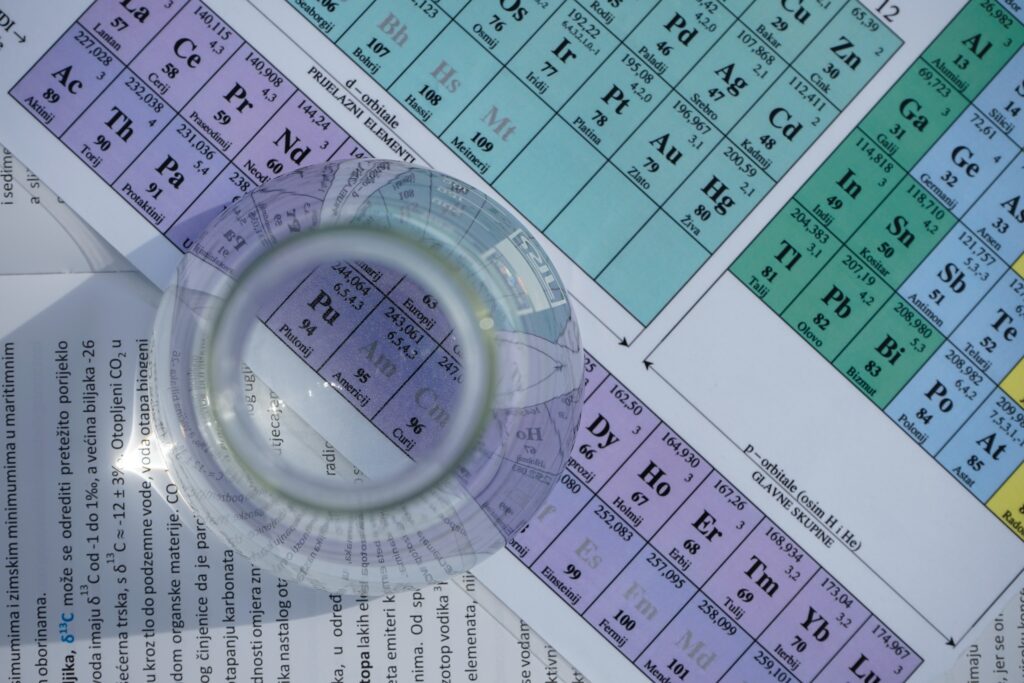

A new report by the Rethink Plastic Alliance, European Environmental Bureau, Zero Waste Europe, Fern and the Environmental Paper Network reveals the environmental harm caused by replacing single-use plastic with […]
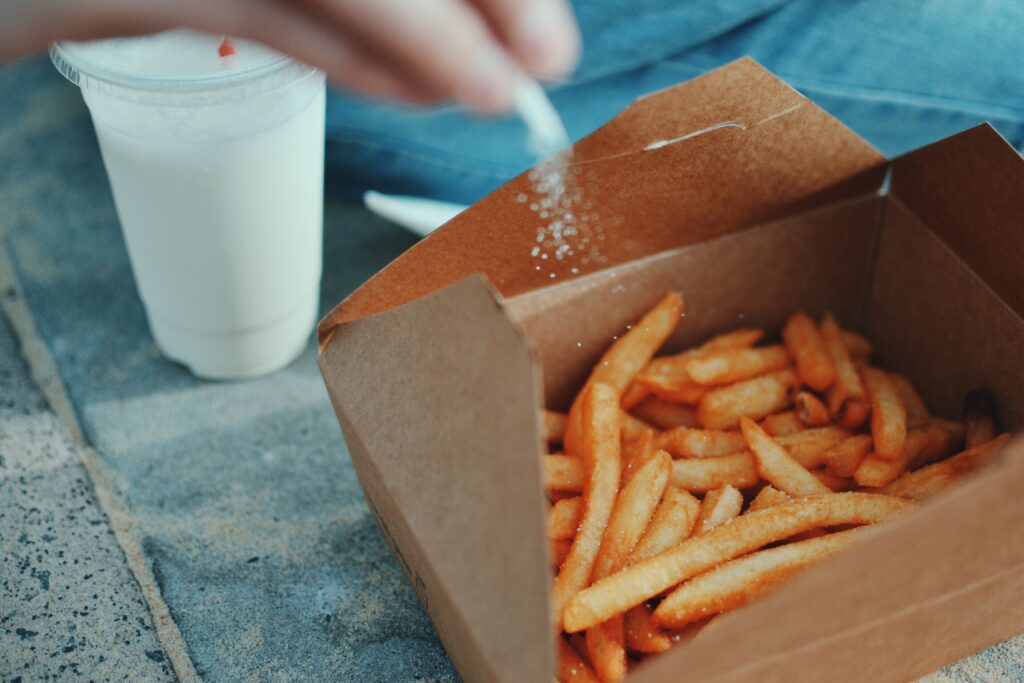
Heavily cited studies which favour single-use over reuse often lack transparency and have implicit biases against reuse due to funders’ interests, cherrypicked scenarios and false assumptions, according to a new report by Reloop and Zero Waste Europe.
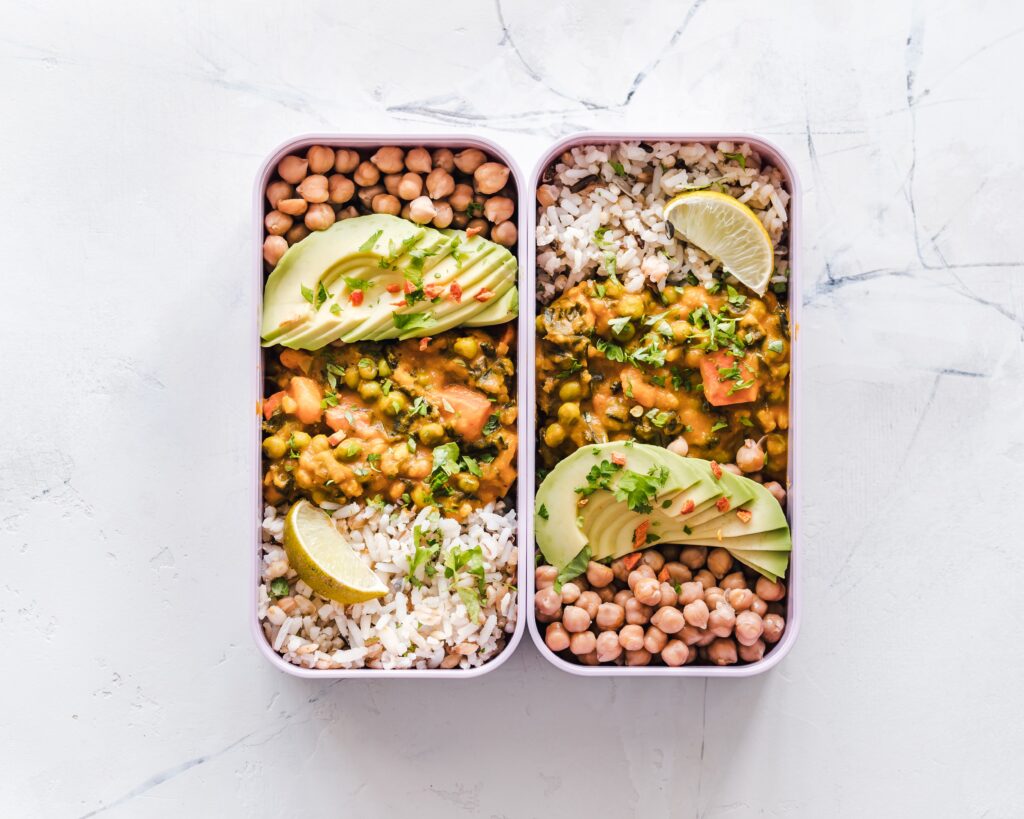
We, the signatories of this letter (civil society organisations and reuse businesses across Europe), are concerned that misinformation and intense lobbying from the single-use packaging industry and the take-away sector are undermining the need for reuse as a driver for waste prevention, resource conservation and climate protection in the
ackaging and Packaging Waste Regulation (PPWR).
The focus of decision-makers should remain firmly on the key objective of the PPWR,
which is reducing packaging waste and improving the environmental performance of this increasingly wasteful sector.
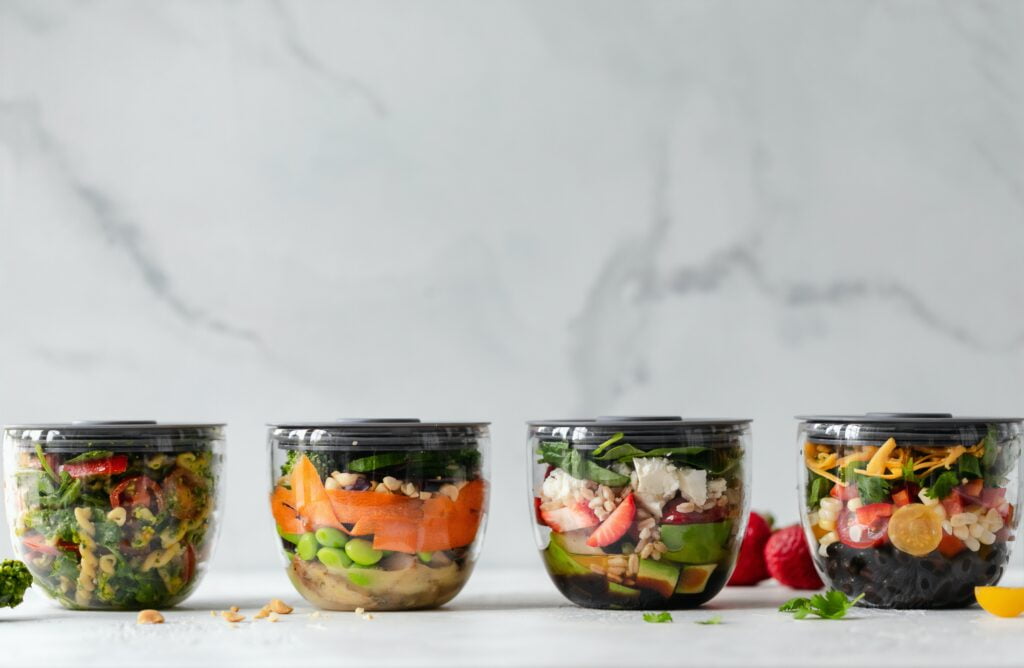
7 reasons why reusable take-away packaging is a sustainable alternative for climate protection and resource conservation.
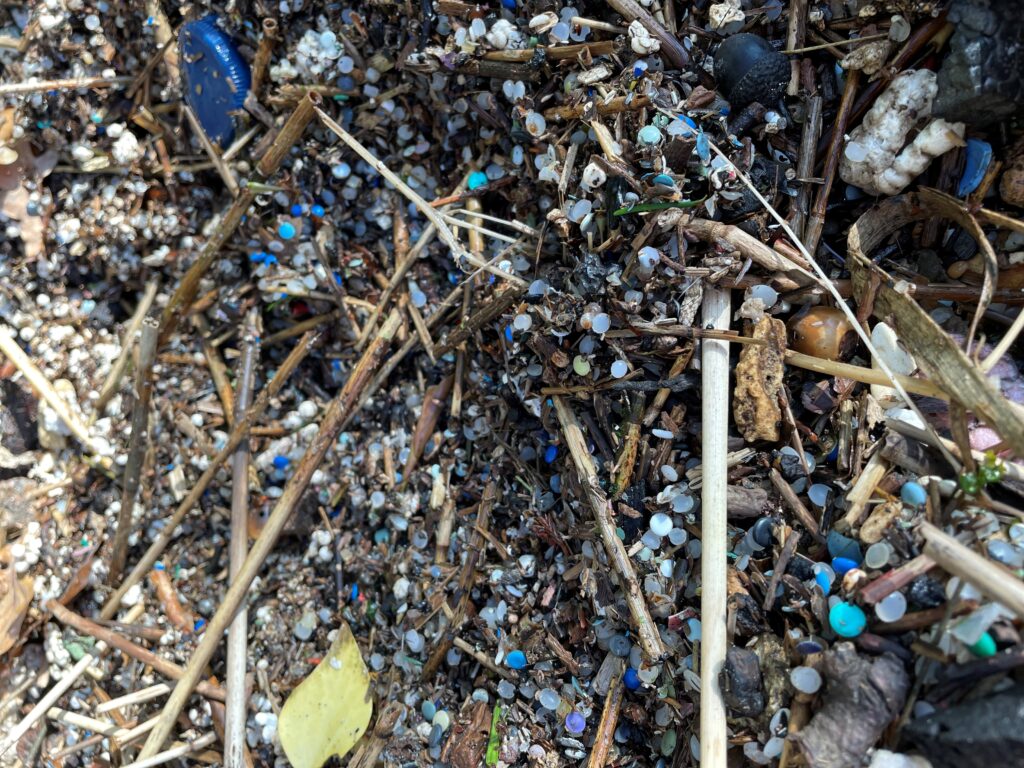
The exponential expansion of the production of raw plastic materials since 2005 has resulted in increased waste generation and over 170 trillion plastic particles in the world’s oceans. In response, the European Union (EU) should take all necessary steps to regulate plastic pellets across the plastic supply chain and effectively reduce the amount of pellets that end up in the
environment.

The EU’s bold plan to quit the most harmful chemicals is a year old. We assess its effectiveness.
A joint report by ClientEarth and the European Environmental Bureau, 25 April 2023.
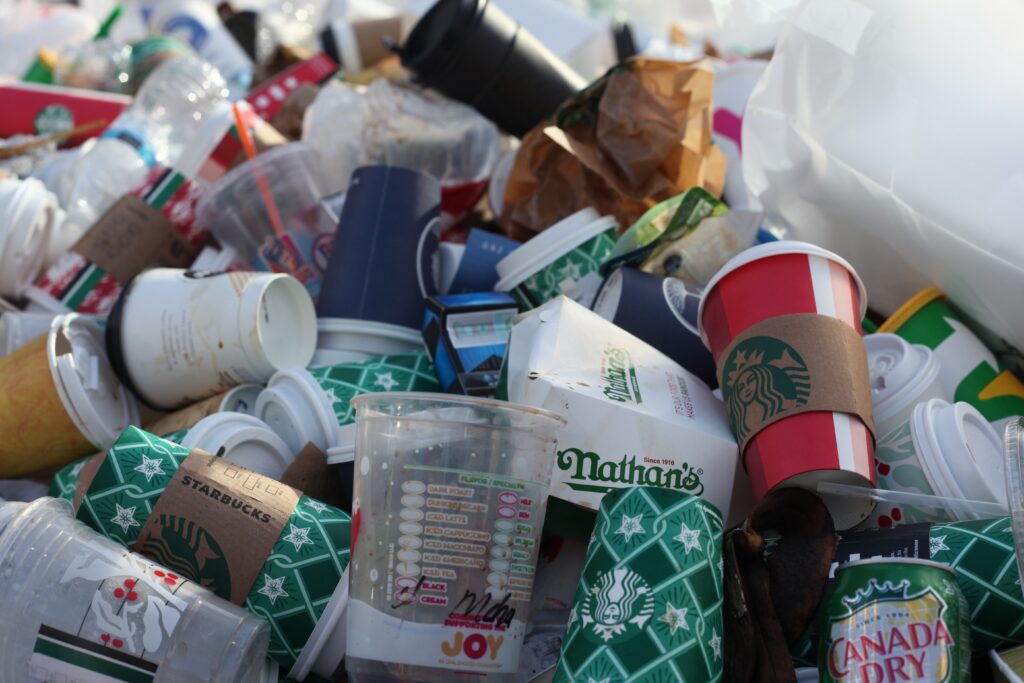
This briefing focuses on non-governmental
organisations’ (NGOs) position on the recent
devastating increase in paper packaging.
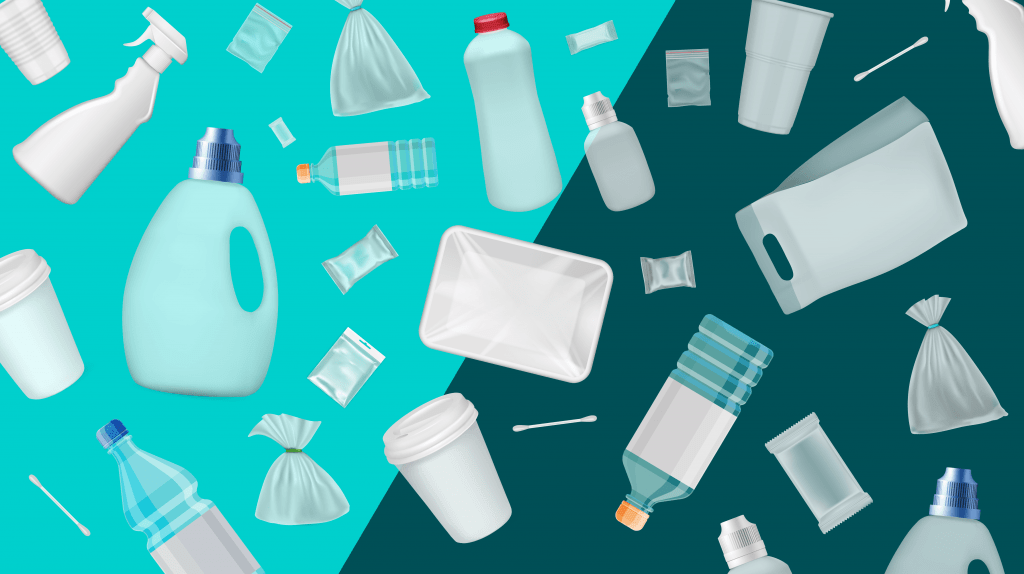
The Rethink Plastic alliance welcomes the European Commission proposal for the Packaging and Packaging Waste Regulation (PPWR). Notably, we welcome the proposed waste prevention and reuse targets, as well as the strengthened measures for tackling packaging waste.
Ambitious waste prevention targets and well-designed reuse systems can bring significant environmental benefits including reducing emissions as well as resource, energy and chemicals use.